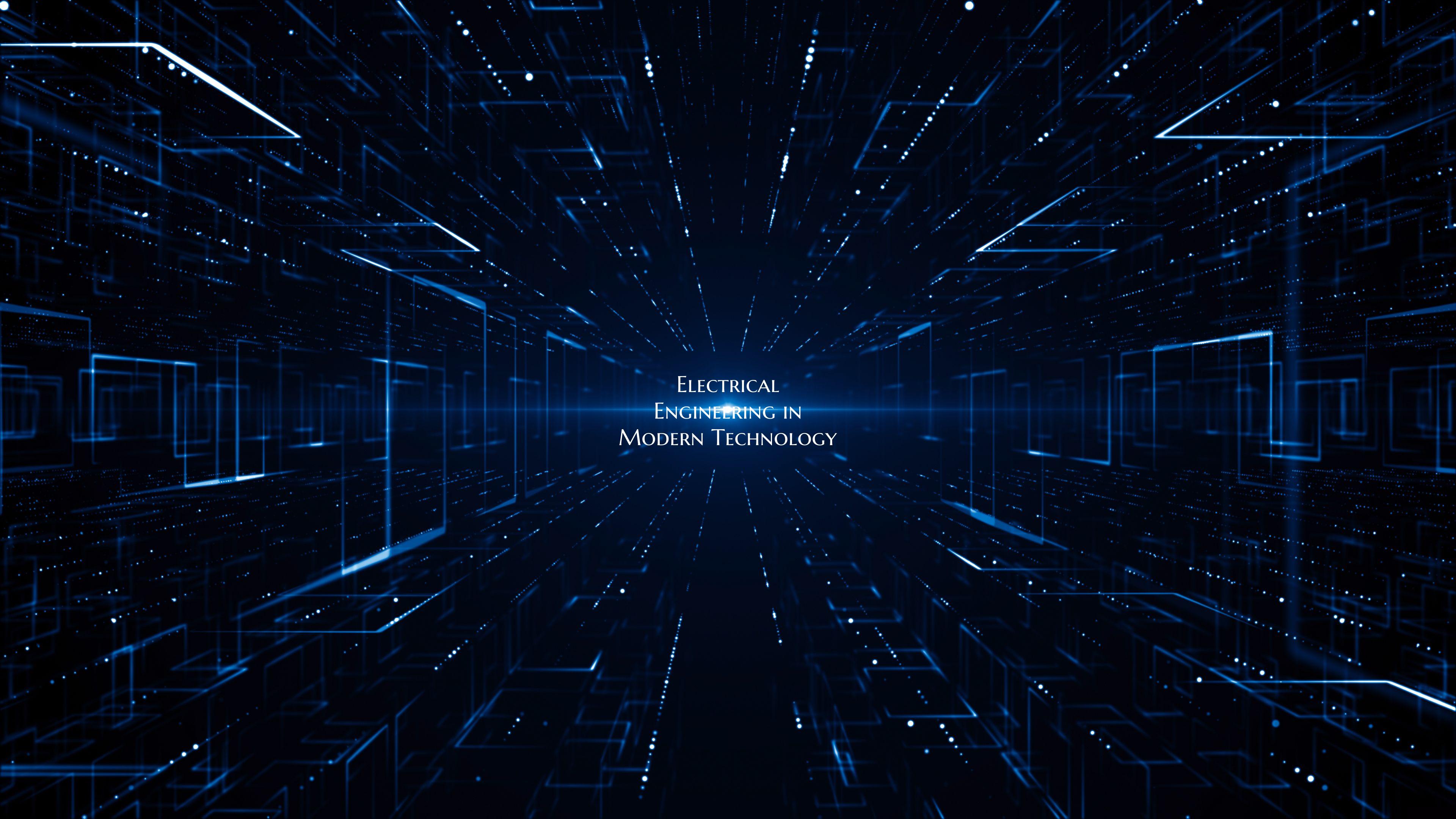Electrical Engineering in Modern Technology
Electrical engineering plays a crucial role in shaping the landscape of modern technology, driving innovation and development across various industries. From smartphones to power grids, electrical engineers are at the forefront of creating the products and systems that power our society. In this digital age, the impact of electrical engineering is more significant than ever before.
One of the key areas where electrical engineering has revolutionized modern technology is in the field of communications. The development of wireless communication systems, high-speed internet, and smartphones has transformed the way we connect and communicate with each other. Electrical engineers are responsible for designing and optimizing the transmission of signals, ensuring reliable and efficient communication networks.
Renewable energy technologies also rely heavily on electrical engineering expertise. The transition towards sustainable energy sources such as solar and wind power requires innovative solutions to efficiently harness and store energy. Electrical engineers are instrumental in designing renewable energy systems, grid integration, and energy storage technologies, contributing to the global effort to mitigate climate change.
The automation and control systems that drive modern manufacturing processes also heavily rely on electrical engineering principles. Industrial automation systems, robotics, and IoT devices are developed by electrical engineers to optimize production processes, improve efficiency, and ensure product quality. These systems have transformed industries such as automotive, pharmaceuticals, and consumer electronics, driving advancements in smart factories and Industry 4.0.
In the realm of healthcare, electrical engineering has played a crucial role in the development of medical devices and imaging technologies. From MRI machines to pacemakers, electrical engineers collaborate with healthcare professionals to design and implement cutting-edge medical technologies that save lives and improve patient outcomes. The intersection of electrical engineering and healthcare continues to push the boundaries of what is possible in modern medicine.
Furthermore, advancements in artificial intelligence and machine learning are reshaping various industries, and electrical engineers are at the core of this technological revolution. Developing algorithms, designing neural networks, and optimizing hardware for AI applications require a deep understanding of electrical engineering principles. These technologies are driving innovations in autonomous vehicles, personalized recommendations, predictive analytics, and more.
In conclusion, electrical engineering is a cornerstone of modern technology, driving innovation and progress across diverse sectors. From communications and renewable energy to manufacturing and healthcare, the impact of electrical engineers is evident in the technologies that shape our daily lives. As we continue to push the boundaries of what is possible, electrical engineers will play a vital role in creating a smarter, more connected, and sustainable future.

